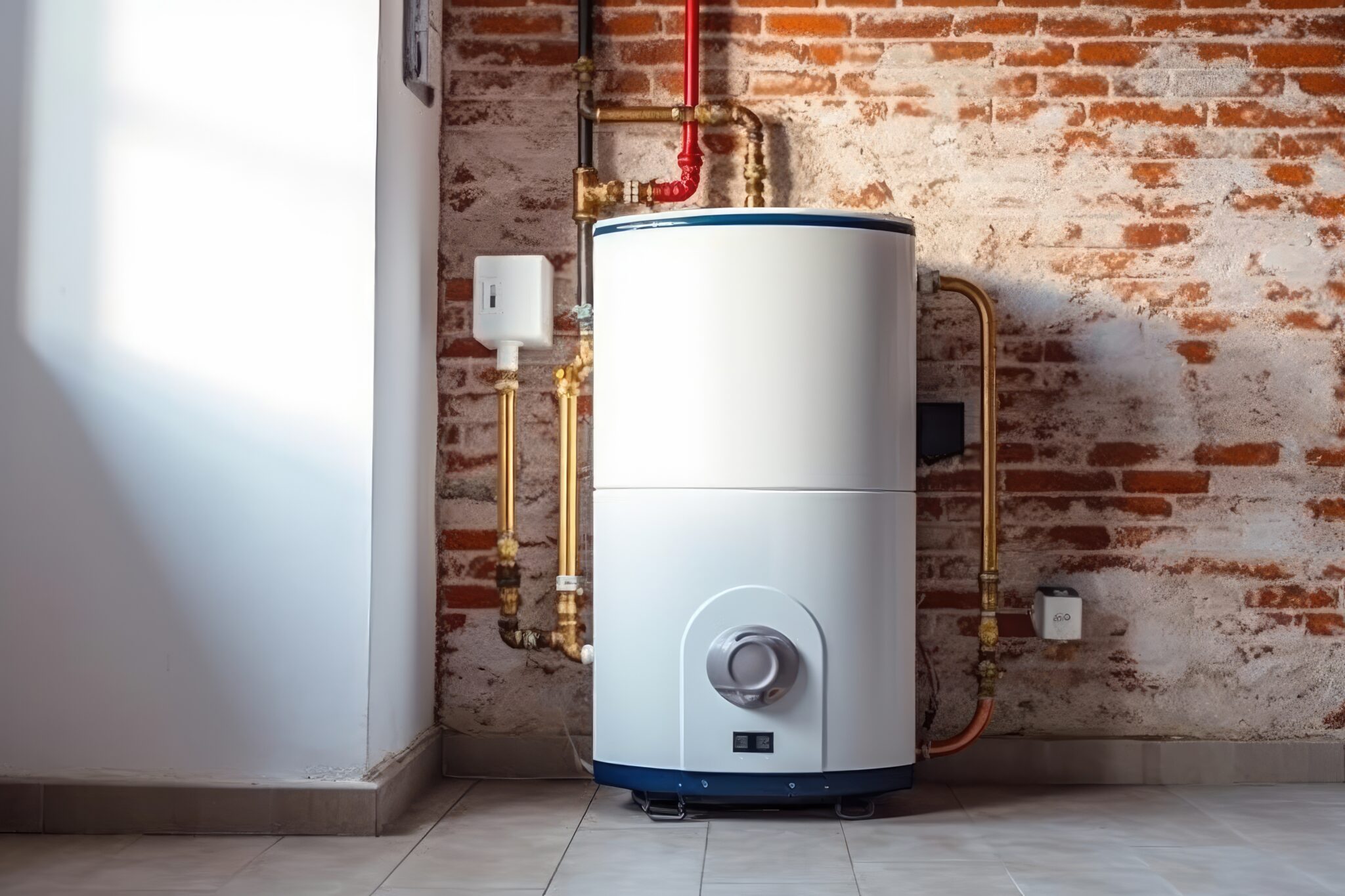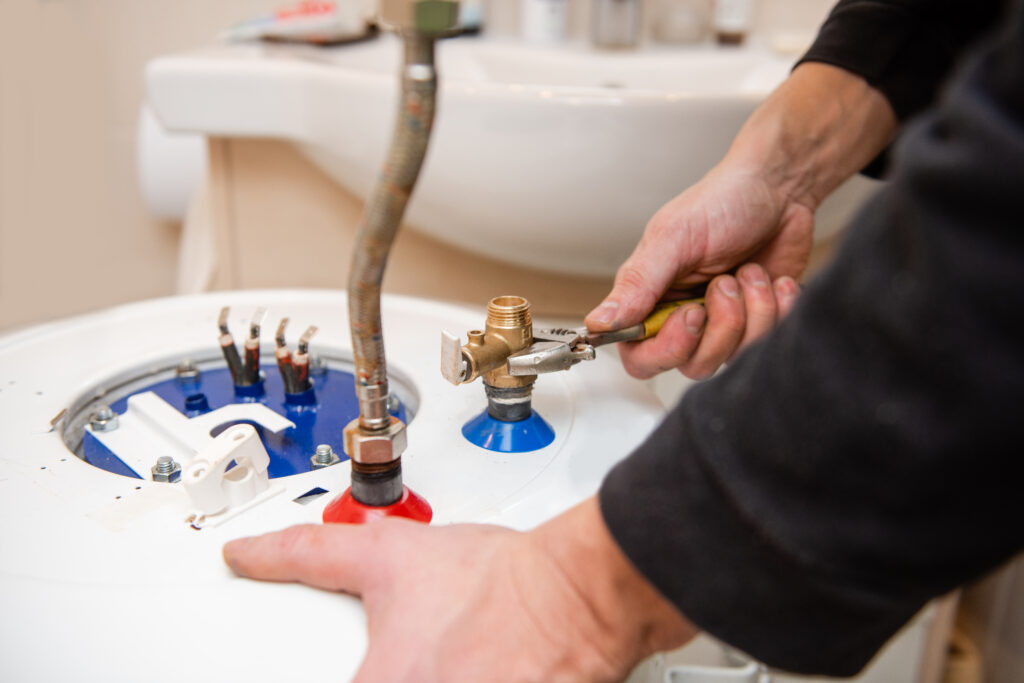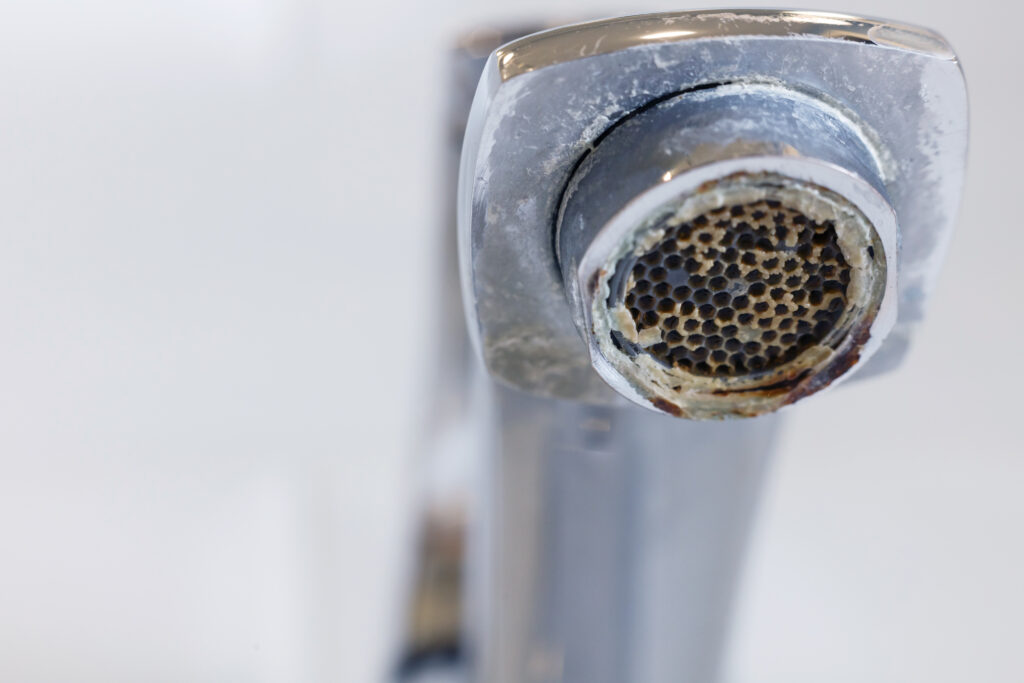One of the most exciting parts of building or renovating a home is choosing what type of water heater to install. While that may be a bit of an exaggeration, it’s still a decision that shouldn’t be taken lightly. After all, your water heater is responsible for providing you with hot showers and warm water for cooking, cleaning, and more. There are two main types of water heaters to choose from: electric and gas. In this post, we’ll get into the specifics between these two options and help you determine which one is right for your home.
Electric vs. Gas: How Do They Work?
To start, let’s take a closer look at how electric and gas water heaters actually work. This will give us a better understanding of the main differences between the two.
Electric Water Heaters
Electric water heaters use electrical resistance elements within the water tank to heat water. When electricity flows through these elements, they heat up and directly transfer this heat to the surrounding water. The thermostat regulates the water temperature, activating the heating elements when the temperature drops below a set point and turning them off when the ideal temperature is reached. This process, combined with the natural convection cycle—where hot water rises to the top of the tank while colder water sinks to be heated—keeps hot water readily available at any time.
Gas Water Heaters
Gas water heaters heat water using a gas burner at the tank’s bottom, lit by a pilot light or electronic ignition. The burner’s flame directly heats the water, with combustion gases vented outside through a chimney or vent system. A thermostat monitors the water temperature, triggering the gas valve to open and the burner to ignite when the water temperature falls below a set temperature. Like electric heaters, the principle of convection circulates water within the tank, meaning that hot water is always available at the top while the flame heats colder water at the bottom.
While both electric and gas water heaters serve the same purpose, they operate very differently. Each type has certain advantages and disadvantages, which we will explore further in the rest of this post.
Cost Comparison: Electric vs. Gas Water Heaters
When considering the installation or replacement of a water heater, one of the main factors homeowners weigh is cost. However, the overall cost involves more than just the initial purchase price; it includes installation expenses, operational costs, and potential rebates.
Installation Costs
Electric water heaters are known for their lower installation costs, primarily because they don’t need gas lines or a venting system, making them simpler and cheaper to install. They can also be placed in smaller spaces since they are smaller and less bulky. On the other hand, gas water heaters require a gas line and venting system, making installation more complex and expensive. This is especially true if the homeowner needs to upgrade or install a new gas line.
Utility Costs
Electric water heaters usually cost more each month because electricity is pricier than natural gas in many areas. Even though they efficiently turn energy into heat, the higher electricity rates can bump up the overall expenses. On the other hand, gas water heaters benefit from cheaper natural gas prices. Despite being a bit less efficient due to some heat loss during venting, they are 33% more affordable to operate, according to Forbes.
Maintenance Costs
Maintenance costs for electric water heaters are generally lower than gas models, thanks to their simpler operation that doesn’t involve combustion or exhaust. They also need less frequent servicing, which can reduce long-term maintenance costs. Gas water heaters have more complex systems and require regular maintenance to maintain efficiency and safety. This can result in higher long-term maintenance costs, especially if any parts need to be replaced.
Rebates
Many utility companies, local governments, and green groups incentivize homeowners to upgrade to electric water heaters. Opting for heat pump hybrid water heaters is a top choice. They’re not just more efficient than traditional electric models but also qualify for extra rebates and incentives totaling around $2,000.
These rebates are part of broader initiatives to reduce carbon emissions and promote cleaner, renewable energy sources. When considering the switch from a gas to an electric water heater, it’s crucial to research available rebates in your area. These can vary widely but often cover a significant portion of the purchase and installation costs, making electric water heaters an even more appealing option.
Maintenance and Durability: Which Water Heater Lasts Longer
If you are still debating between a gas or electric water heater, look into the maintenance and lifespan of each type. While these aspects can vary depending on the specific model and brand, here are some general trends to keep in mind.
Electric Water Heaters
Electric water heaters are known for being easy to maintain and reliably durable. They don’t need as much attention as gas heaters since they operate without combustion, which means less wear and tear on important parts. Their simple design without complicated gas lines or venting systems leads to lower upkeep costs and fewer chances of breakdowns. On average, electric water heaters last 10 to 15 years, but regular maintenance like tank flushing and element checks can stretch this further.
Gas Water Heaters
Gas water heaters require more maintenance and have a slightly shorter lifespan, lasting around 8 to 12 years with proper care. Gas heaters have more complex systems that need regular attention, such as checking the gas lines for leaks and ensuring proper venting to avoid carbon monoxide buildup. While these tasks may seem daunting to some homeowners, it’s essential to keep up with them for the safety and efficiency of the unit.
Electric and gas water heaters can have a similar lifespan with proper maintenance. However, note that gas heaters require more upkeep than their electric counterparts. Routine checks and maintenance, such as checking for leaks and pressure buildup, can help save you from unexpected breakdowns.
Choosing the Right Water Heater for Your Home: Electric or Gas
Each home is different and has unique requirements for heating water. When choosing between an electric or gas water heater, consider these factors:
Energy Source Availability and Cost: The first consideration is whether your home has easy access to natural gas or if it relies on electricity for energy. This availability can significantly influence your choice, as installing a gas line where one doesn’t exist can be very expensive. Additionally, the cost of natural gas versus electricity in your region will affect utility expenses. Keep in mind that electric water heaters will not work if there is a power outage. If you live in an area prone to power outages, a gas water heater may be the better choice.
Household Hot Water Needs: Evaluate your household’s hot water consumption needs and patterns. Larger families or homes with higher hot water demands might enjoy the quick recovery rate of gas water heaters. For smaller households, an electric water heater’s efficiency and lower maintenance could be a better fit.
Space and Installation Constraints: The space available for your water heater and the installation requirements in your home are also key factors. Electric water heaters require a dedicated electrical outlet, while gas models need proper ventilation and an exhaust system. If your space is limited, a tankless electric water heater may be the best option, as it doesn’t need a storage tank.
Long-term Cost Implications: Finally, take into account the total cost of ownership, including installation, maintenance, and operation costs, over the lifespan of the water heater. While gas water heaters may offer lower operational costs in some areas, electric water heaters are cheaper to install and have incentive programs for energy-efficient models.
If you are still having trouble deciding between an electric or gas water heater, it can be helpful to consult with a professional plumber or contractor who can evaluate your home’s energy needs and recommend the best option.
Looking For a New Water Heater? Let Nearby Plumbing Help
After reading this post, you should have a better understanding of the main differences between electric and gas water heaters. But if you’re still unsure which type is right for your home, Nearby Plumbing can help! Our team of experienced plumbers can guide you through the decision-making process and provide professional installation services. Nearby Plumbing can also help maintain and repair any water heater, so you can have peace of mind knowing that your hot water supply is in good hands. Contact us today to learn more about our services!





